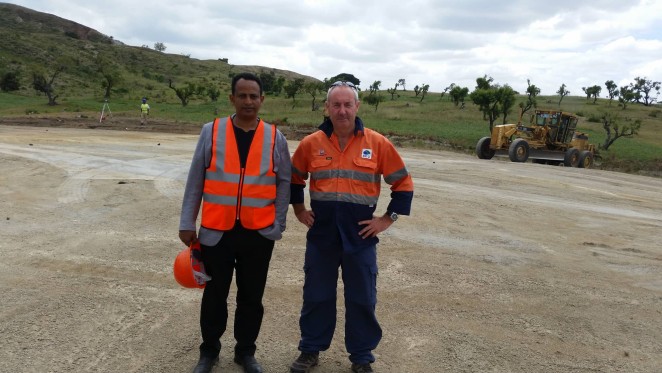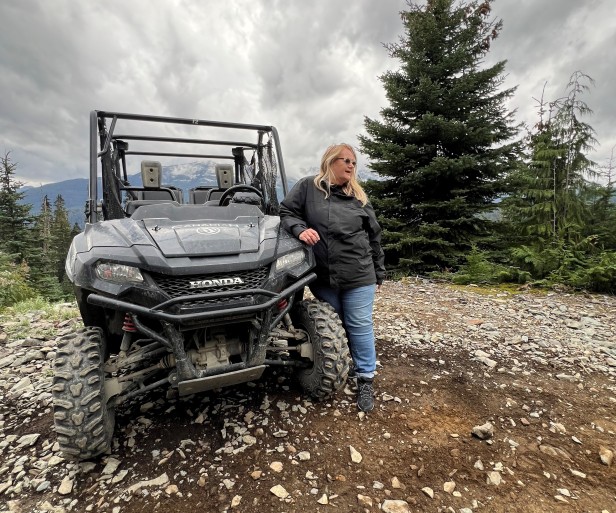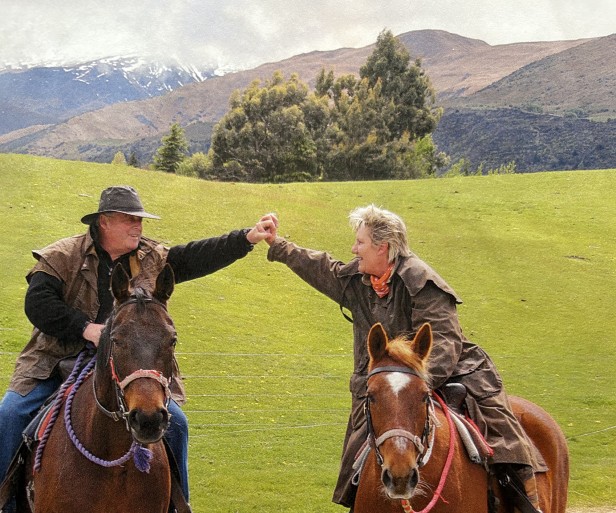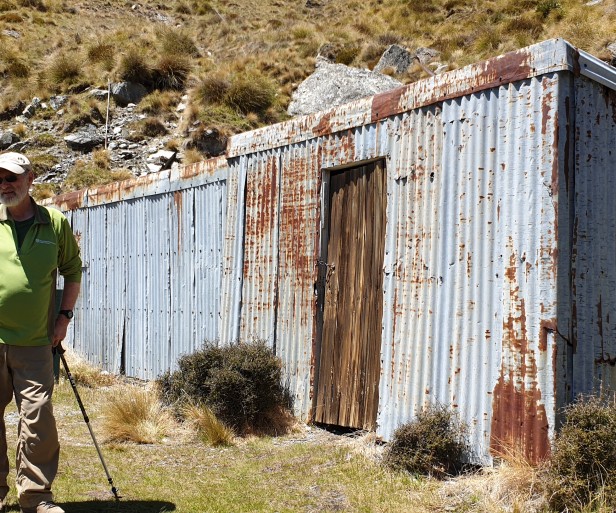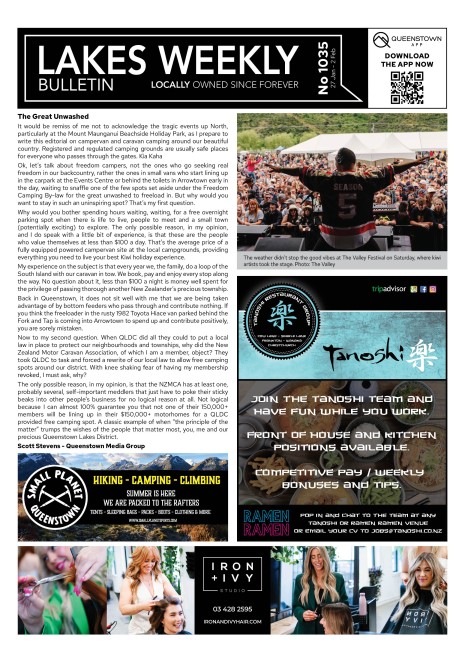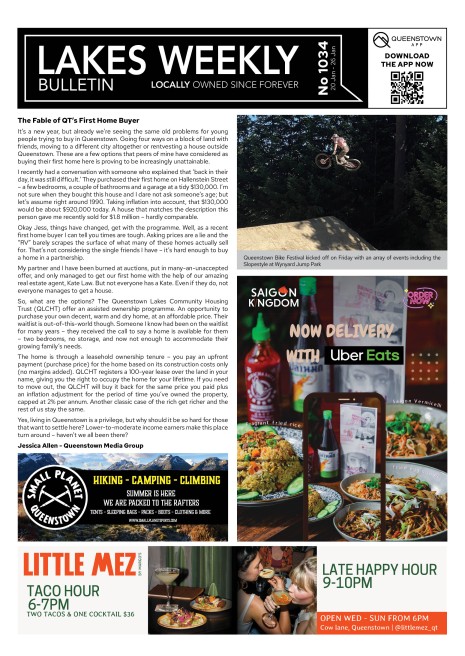Steve Rout - Kiwi can do
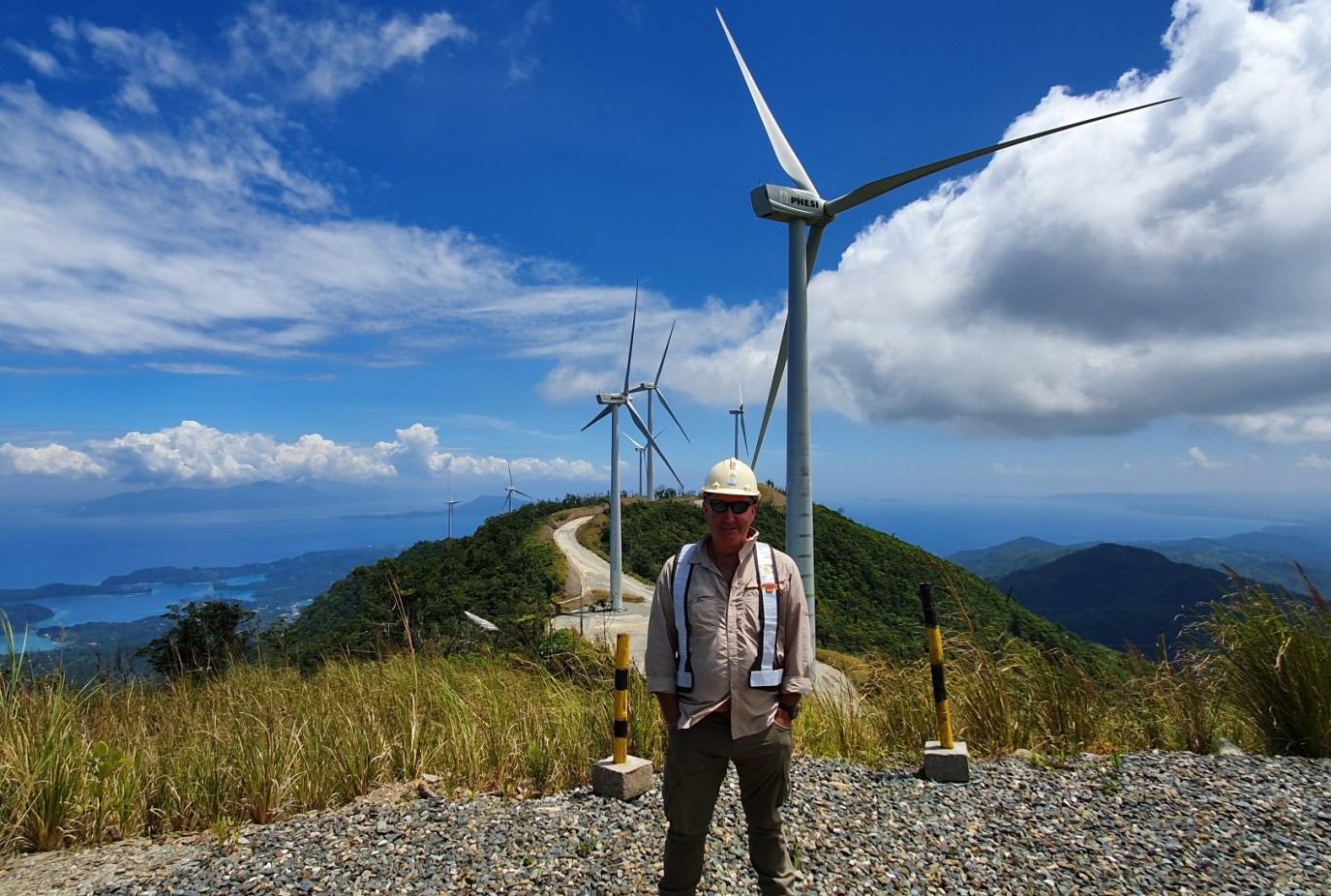
Steve Rout was born with entrepreneurship in his blood. His parents Dick and Clarice Rout left a Hamilton dairy farm to operate U-Drive jetboats in Queenstown for two years. They never left - eldest Steve born on the day the old Bungy Backpackers maternity home opened in 1958.
By six, Steve was driving the company’s Albatross boats around Queenstown Bay. “I remember the Fish and Game officer giving us a tonging up for driving between wharves aged under 10.”
At 18, he’d logged 4000 hours of commercial jetboating and became the youngest in the country to gain his Restricted Launchmaster’s Ticket. Dick bought Hamilton Jets in the 1970s and they operated fishing and other charters all over Lake Wakatipu, including contracted mail runs to the high-country stations for Fiordland Travel.
Rugby, skating, and ice hockey were his thing. “Anyone who could skate made the ice hockey team, ages 10 to 40.”
After labouring and contracting, at 15 Steve rejoined his dad as a skipper on the Cecil Peak barge. “We’d borrowed Hugh Miller’s digger to do some contracting work there. There were only two diggers in town and the council foreman asked if we could do some work for the council.” Steve and brother Richie bought the digger off Hugh, launching Rout Contracting – a business Steve and wife Jane operated for almost 40 years. It’s still in the family today, Steve and Jane retaining the gravel quarries.
The 1987 sharemarket crash forced Steve to shed staff and move most operations to Cromwell to work on the Clyde Dam for three years until Queenstown picked up. Building causeways out into the Clutha River was potentially dangerous work. Their entire excavation for the Church Street underground car park was ruined when that was inundated with floodwaters in 1999.
However, these faded into insignificance when pitched against building remote mountain roads in The Philippines, and in 2004 he was invited by Pacific Hydro to put in 13kms of steep roading in inland Fiji. “They couldn’t get anyone to go,” he says. “I’d only go if I took my own equipment and New Zealand guys.” He chartered a ship and sent 28 machines there, building 68kms of steep road using 400,000m3 of aggregates. They finished a year ahead and $8m under budget. “We were negotiating the last stage when the coup happened, so we exited.”
After some GFC downsizing back home, Steve was brought in as construction manager on a geothermal project with 378 staff for an Icelandic company in The Philippines in 2013.
He was then invited to do a geothermal project in Hawassa, Ethiopia, in 2014 – a city of 200,000, just 28 white people. “We were received with interest as we were so rare in the middle of Africa,” Steve smiles. “You either lived in a mud floor hut or a mansion. We had a seven-bedroom house with 4m-high walls, steel gates and razor electric wire above that. If we opened the gate 10 heads would poke through to see what we were doing.” A coup left them housebound for a month, no internet, no ATMs, unable to reach their project 17kms away where tribal fighting had erupted.
It was dangerous work – 70 armed military once ran around his site searching out rebels, snipers already shooting some in the adjacent forest. “I had to front up to them as I was responsible for those guys. It was a hairy moment. We had to get our people out and gone.”
Steve and Jane worked on an extensive refurbishment of a Ugandan power plant while tensions cooled on their Ethiopian green energy projects.
His ‘Kiwi can do’ had that plant producing more than it did new. “Kiwis tell how it is and do what we say we’ll do. They love Kiwis.”
Back in The Philippines as troubleshooter on an $86m, 16megawatt wind farm Steve sacked 420 guys in the first two weeks and renegotiated all the contracts. “Most of these guys clocked in then headed off into the bush. There was so much political corruption. The police tried to plant drugs in our vehicle to try and get rid of us.” He’d regularly turn up to death threat letters on his desk and at a supposed ‘health and safety meeting’ the sloppy guard dropped his shotgun which fired into the radio battery splattering another ex-pat with acid. “We took the guns off the guards after that.”
Even more challenging, they built a $US136m, 3.2km, 6m diameter hydro power tunnel there, 550m underground, leading to the Bohol Sea.
Daughter of Queenstown’s famous Earnslaw skipper Maru Bradshaw, Jane was an essential part of these projects, managing contractors and handling the money.
It was stressful, often 24/7 meeting various international timeframes. Steve and Jane sought solace in regular motorbike escapes to Europe and their annual pilgrimage home to the Muttonbird Islands.
“Jane’s been going there her whole life, and this is my 42nd year,” he says, fondly.
